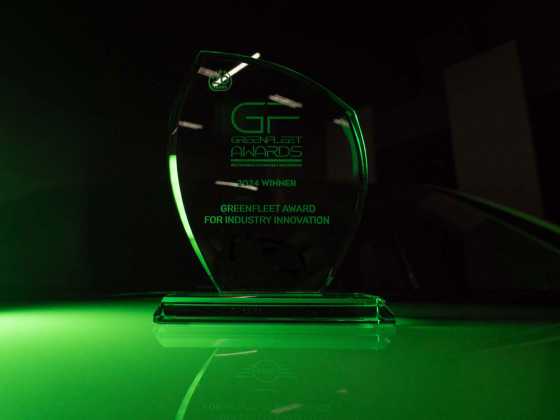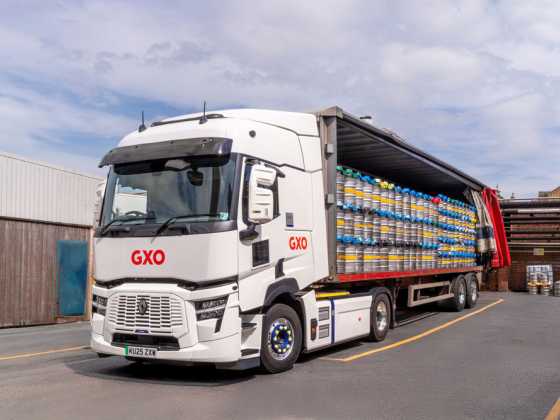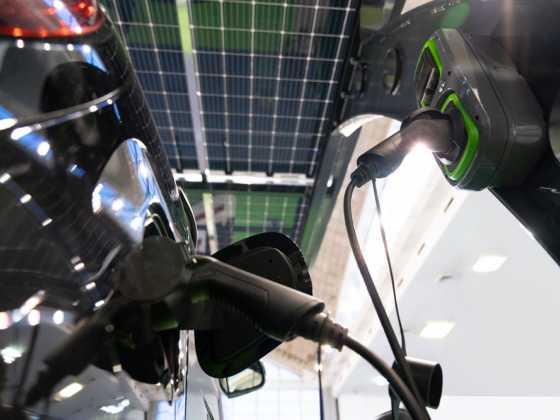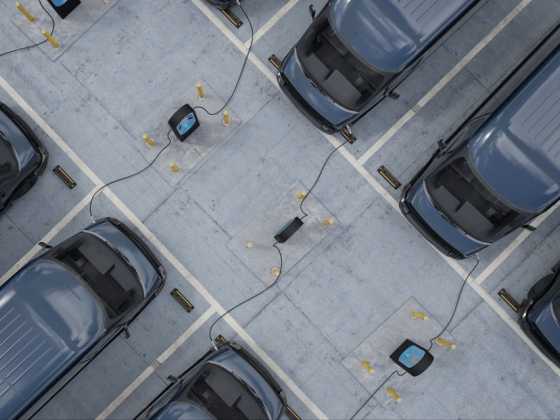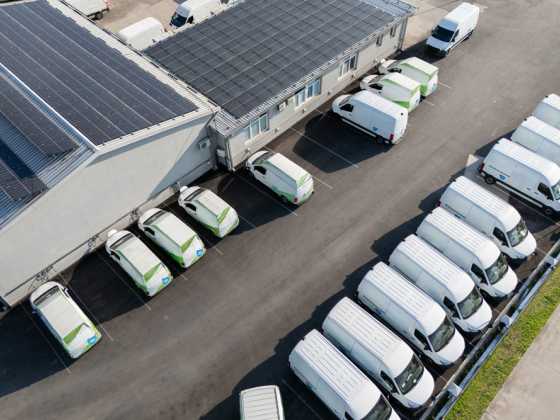Electric charging at fuel forecourts
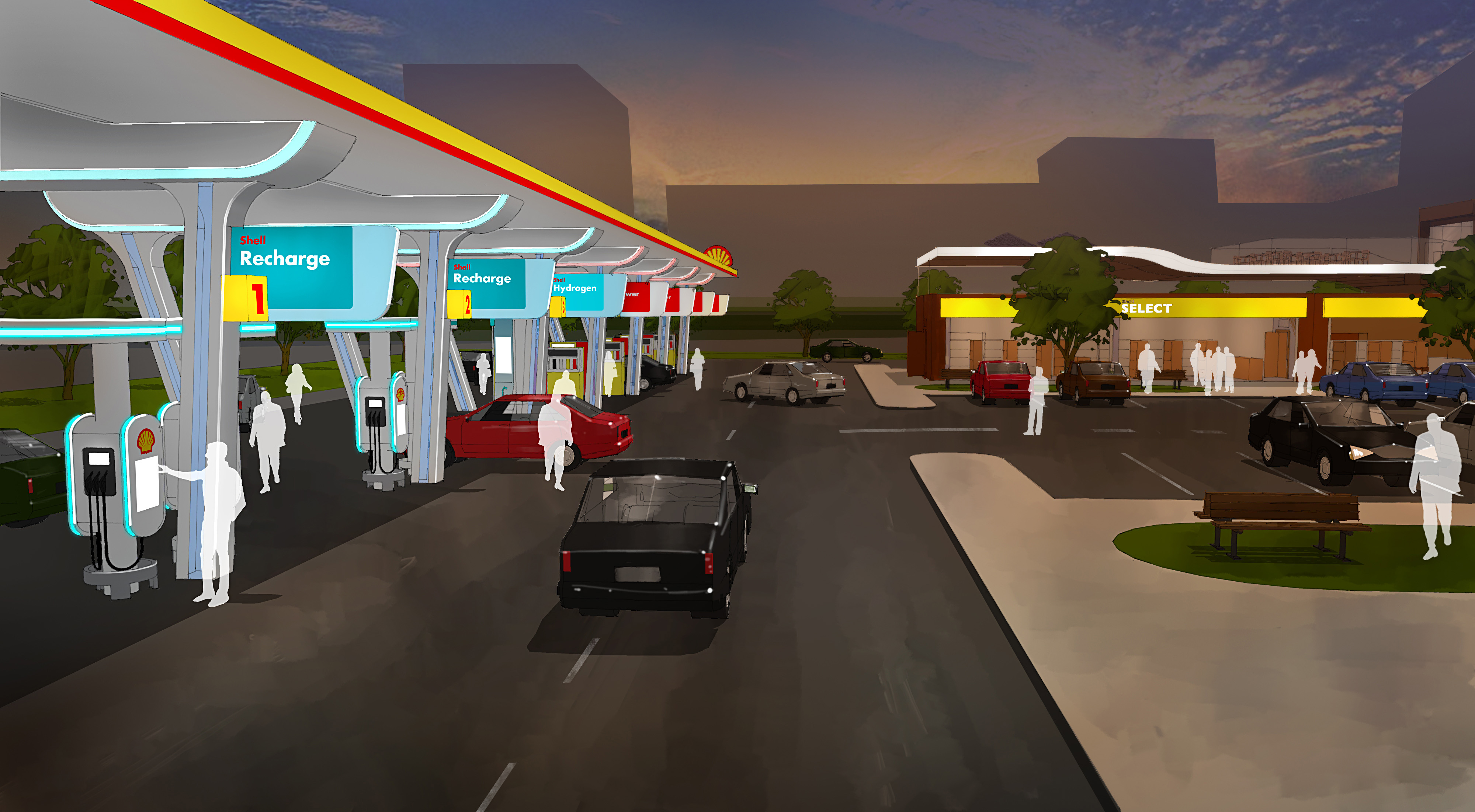
Planned laws in the Automated and Electric Vehicles Bill will make it compulsory for large fuel retailers and motorway services to provide charging facilities for electric vehicles. GreenFleet investigates how the industry has responded.
As part of measures to improve air quality, the government has announced it will ban sales of new fully diesel or petrol cars and vans by 2040. This means that from that date, all new cars and vans will be fully or partly powered by alternative fuels, such as electricity or hydrogen. So with plug-in vehicles set to become more commonplace, significant improvements will need to be made to the public charging infrastructure.
The Automated and Electric Vehicles Bill, which was included in the Queen’s Speech, detailed planned laws to increase the number of electric or hydrogen vehicle charge points, making it compulsory for UK motorway services and major fuel retailers to provide charging facilities. The accessibility of the charging infrastructure was also addressed in the Bill, acknowledging that there needs to be better interoperability between networks so that an EV driver can use any charge point without having to register first.
What’s more, a set of operational and technical standards will also be put in place to improve the reliability and performance of the network.
TAKING ACTION
So how has the fuel retailer industry responded with this proposed legislation?
Shell has already taken steps to be part of the electric revolution. Jane Lindsay-Green, future fuels manager at Shell Retail UK told GreenFleet: “This year Shell plans to open ten electric charging points – mainly in the London area – as well as up to 20 charging posts in The Netherlands. The programme will be branded ‘Recharge’.
“Shell makes charging easier, safe and reliable. We will have all the BEV nozzles available, so anyone can charge any vehicle. The posts will all be operational and tended to by Shell personnel – so the driver will have a reliable service and get assistance and guidance.
“Shell’s charging points are rapid charging (50kW) taking about 30 minutes. Drivers can use that time on-site to ‘recharge’ themselves with coffee, snacks, and internet access. Payment will be easy and the costs will be transparent.”
Shell has also opened its first hydrogen refuelling station in the UK, situated on the M25 at its Cobham service station, and has plans to open two more this year.
BP is another fuel giant that is planning to install EV charge points. According to Reuters, BP is in talks with electric vehicle makers on partnering to offer charging bays at its global network of fuel service stations, although further details have not been revealed.
Tim Payne, CEO of electric vehicle charging company InstaVolt, says: “With BP and Shell both backing EVs, it’s clear that the revolution is happening now.
“When you combine this latest news from BP with the government’s plans to ban the sale of new diesel and petrol cars in the UK from 2040, it’s quite clear the direction in which we’re headed.”
INDEPENDENT RETAILERS
However, some in the industry have warned that this new requirement will put financial burden on independent fuel retailers. Brian Madderson, chairman of The Petrol Retailers Association (PRA) said: “Clarity over the definition of ‘large retailers’ is urgently needed.”
“The PRA is concerned this could place an unreasonable financial burden on independent fuel retailers who feel there is insufficient market demand to justify the investment at this time.”
Brian also recommends that the government introduces a grant for private business to “underwrite such speculative investment in rapid charge equipment.”
ELECTRICITY DEMAND
With the predicted increase in electric vehicles comes the question about how the extra power will be provided and how demand will be managed. There are warnings that if everyone charges after the rush hour in the evening, the national grid would not be able to cope.
The National Grid’s Future Energy Scenarios 2017 report says that electric vehicles are projected to reach around one million by the early 2020s, and nine million by 2030. It says that without smart charging, this could result in an additional 8 GW of demand of electricity at peak times.
Smart meters and tariffs for certain times of the day will incentivise owners to charge when wind and solar power are in large supply and electricity is cheaper. Also, energy networks could manage demand with automatic time-shift charging, where a car plugged-in in the evening does not actually start charging until demand on the grid is low.
Explaining how Shell will tackle this challenge, Angie Boakes, general manager of eMobility at Shell says: “Shell is looking at how their charging can be successfully integrated to the power grid. We have been developing a service that allows the charging of battery electric vehicles (BEVs) to be shifted to times when it would be most beneficial for the power grid and cheaper for the customers charging their vehicles.”
Angie continues: “The system, trialled in three pilot projects that took place in the UK, Germany and US (California), allows the use of BEVs as a flexible and controllable grid resource. We are now actively looking for opportunities on a larger scale to use this expertise and capability to help locations such as California push forward with their zero emission vehicle goals whilst maximising the use of renewable power and minimising the impact of electric vehicle charging on the grid.
“By running these trials in three different markets with very distinct characteristics and requirements, Shell has developed expertise in managing the charging of BEVs to match the supply of electricity to BEVs with the lower costs associated with periods when they can also best contribute to balance the power grid.
“This service also draws on Shell’s power trading and technology capabilities, and its long heritage in the development of the transportation sector.”
To help manage demand on the grid, the government has recently announced a £20 million investment in vehicle to grid projects, which will help develop electric vehicles capable of returning stored electricity to the grid.

